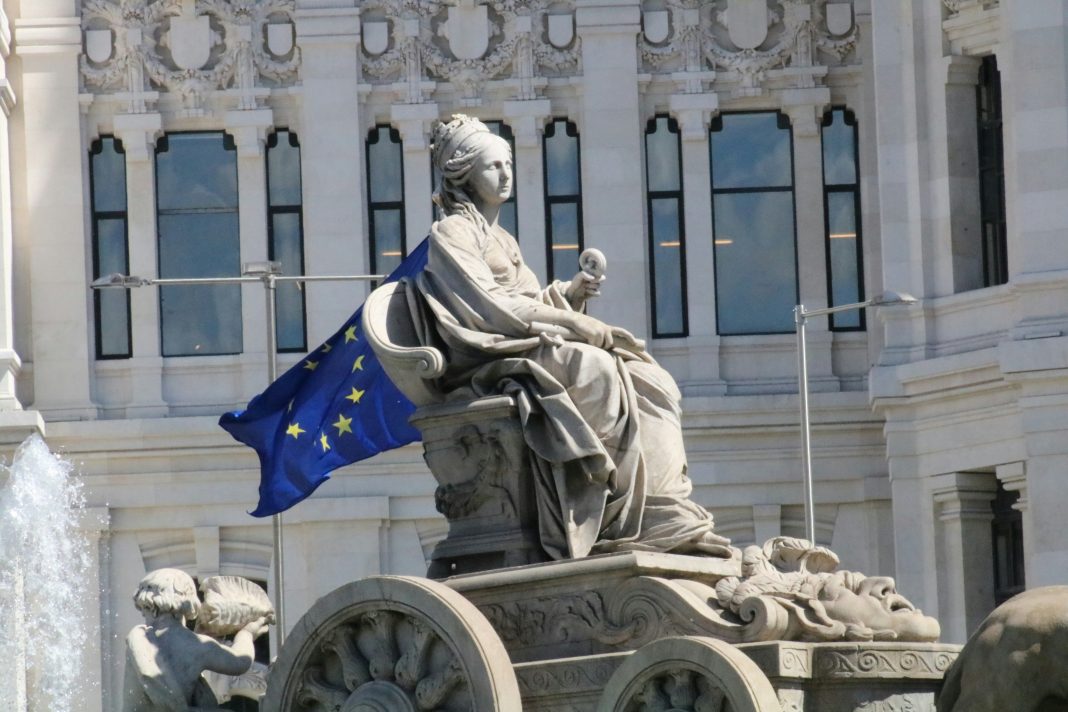Europe’s quiet economic resilience
For years, Europe has been cast as the world’s cautious continent — ageing, bureaucratic, overregulated, and falling behind the dynamism of the United States and the scale of China. Yet, beneath the noise of stagnation, a different story has been unfolding. Across the continent, companies are expanding, exporting, and innovating in ways that defy the caricature of European decline.
From industrial Mittelstand firms in Germany to technology startups in the Nordics, European business has proved far more adaptive than many predicted during the crises of the past decade. Rising productivity in advanced manufacturing, resilient export surpluses, and an accelerating transition towards green technologies suggest that Europe’s corporate foundations are stronger than the pessimists claim.
In cities like Munich, Amsterdam and Milan, venture capital investment is reaching record levels. Renewable energy champions, luxury brands and industrial software firms are building global influence. The post-pandemic recovery has not been uniform — southern economies remain fragile — but the overall trajectory is more robust than the headlines imply.
From crisis to competitiveness
Europe’s recovery has been forged in adversity. The energy shock triggered by Russia’s war in Ukraine forced governments and corporations alike to reinvent their cost structures almost overnight. The result has been a surge in efficiency: companies cut energy dependence, accelerated automation, and diversified suppliers across Asia and the Middle East.
What looked like a vulnerability two years ago has become an unlikely source of competitiveness.
In Germany, manufacturers who once relied on cheap Russian gas are now operating with cleaner, more diversified energy portfolios. In France, industrial policy — long a synonym for inefficiency — has been recalibrated towards strategic investment in renewables and semiconductors. Meanwhile, Nordic economies have quietly achieved world-leading productivity rates while maintaining strong social models.
Part of this success comes from a generational shift in corporate leadership. Younger executives are less haunted by Europe’s past crises and more willing to operate with global ambition. Many grew up during the digital revolution and view sustainability not as a cost, but as a growth driver. “The European model is not broken,” says one Brussels-based economist, “it’s just evolving — slowly, but deliberately.”
The new face of European innovation
Contrary to the stereotype of European risk-aversion, entrepreneurship is flourishing in unexpected places. Cities such as Tallinn, Lisbon, Stockholm and Warsaw have become laboratories for innovation — from AI-driven logistics to climate-tech startups and fintech platforms targeting the next generation of consumers.
Europe’s innovation ecosystem still lags behind Silicon Valley in scale, but it has advantages in regulation, privacy standards, and sustainability expertise. The EU’s commitment to ethical AI and green investment has helped cultivate a distinct brand of “responsible innovation” that increasingly appeals to global investors.
At the corporate level, traditional giants are reinventing themselves. Siemens, Schneider Electric, and Volvo have transformed their industrial DNA into digital and low-carbon strategies, while LVMH and Hermès continue to dominate global luxury with record margins. Even in finance, European asset managers have shown resilience, outperforming U.S. peers in ESG fund flows and regulatory adaptation.
The story is not without fragility. Productivity growth remains uneven, venture exits are slower than in the U.S., and bureaucracy continues to frustrate startups. But the overall direction of travel is unmistakable: Europe’s economy, while less volatile, is proving more stable, sustainable and adaptable than many expected.
Beyond the myth of decline
The persistence of Europe’s “pessimist” narrative owes as much to psychology as to economics. Compared with the hype cycles of Wall Street or Shenzhen, Europe’s progress tends to be incremental, quietly compounding rather than explosively scaling. This underplays the continent’s long-term strengths — education, infrastructure, rule of law, and quality of life — which underpin its ability to absorb shocks and adapt to global shifts.
Indeed, the return of industrial strategy across the West plays to Europe’s strengths. Where once the continent’s cautious consensus politics were seen as liabilities, they now provide stability in an era of global volatility. The EU’s regulatory sophistication, from the Green Deal to the Digital Services Act, is giving European firms a framework for predictable growth while the rest of the world navigates political turbulence.
The challenge, as ever, lies in scale and storytelling. European success is often hidden in mid-cap manufacturers, in green energy infrastructure, or in precision engineering firms few outside the industry know by name. These companies form the backbone of the continent’s resilience — and increasingly, they are the quiet drivers of global trade.
A confidence Europe must reclaim
The narrative of decline may linger, but Europe’s corporate reality tells another story: one of slow, cumulative renewal. From climate tech to advanced manufacturing, from sustainable finance to cultural exports, European business is proving that competitiveness can be built on more than speed — it can be built on stability, design and trust.
As the global economy becomes more fragmented, the continent’s balanced model — combining social cohesion with innovation — may turn from defensive posture to strategic advantage. The task for policymakers and business leaders alike is to reclaim that confidence, to tell Europe’s story not as a comeback, but as continuity in motion.
Because beneath the surface gloom, Europe never really stopped competing. It simply learned how to win quietly.







































